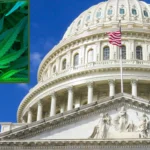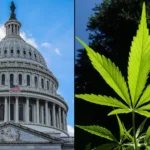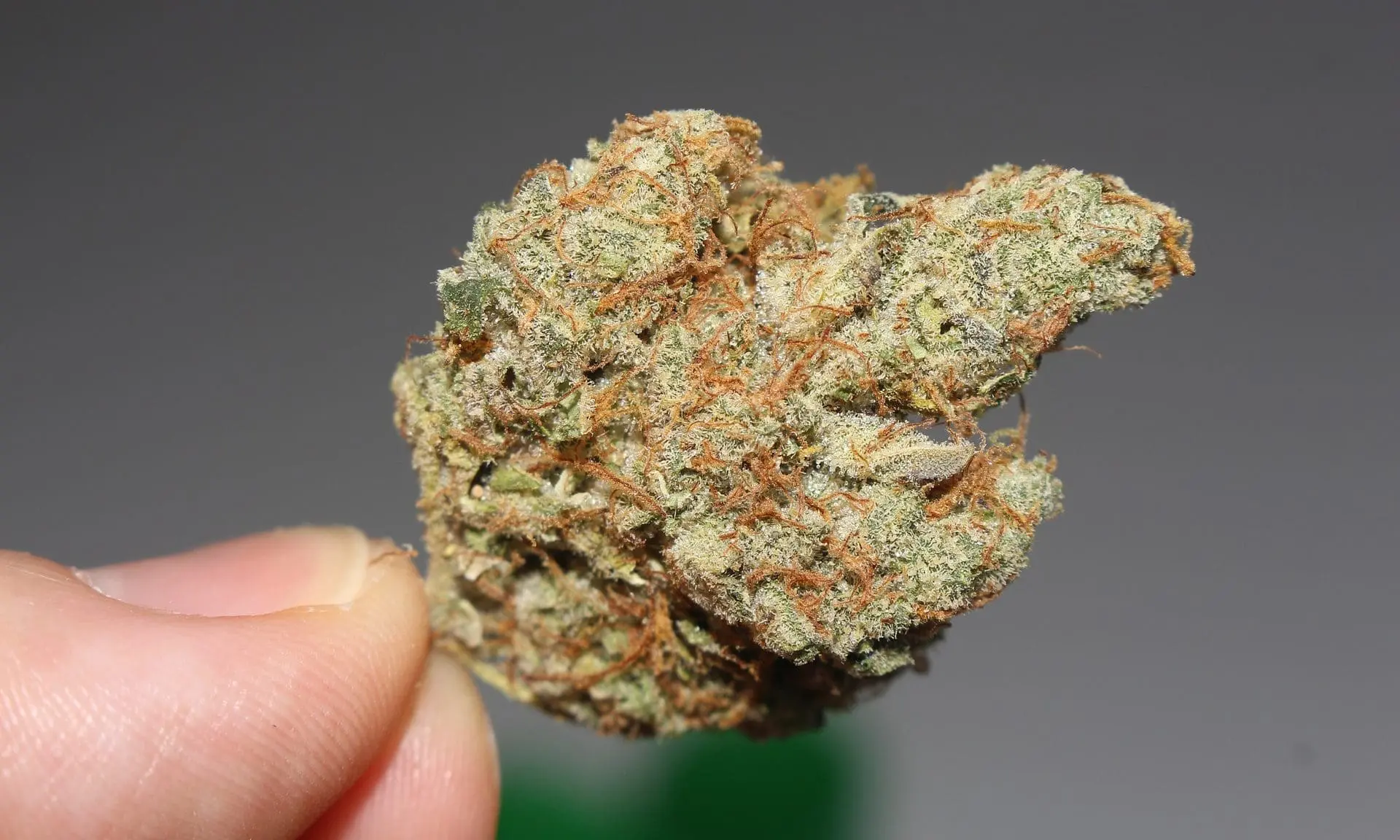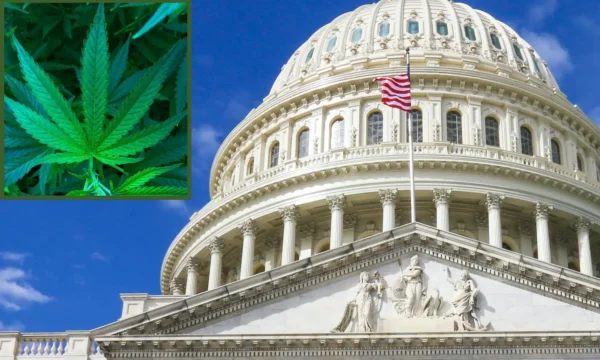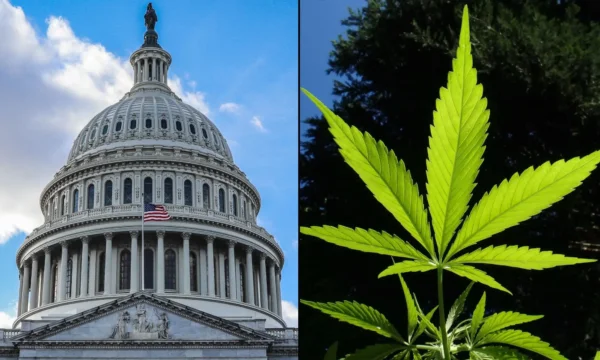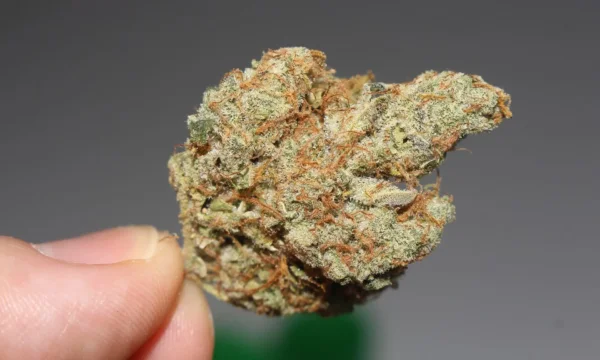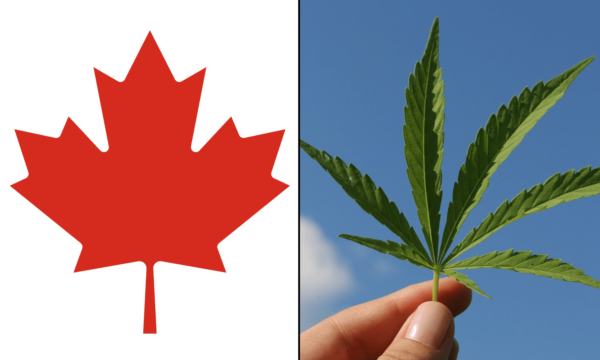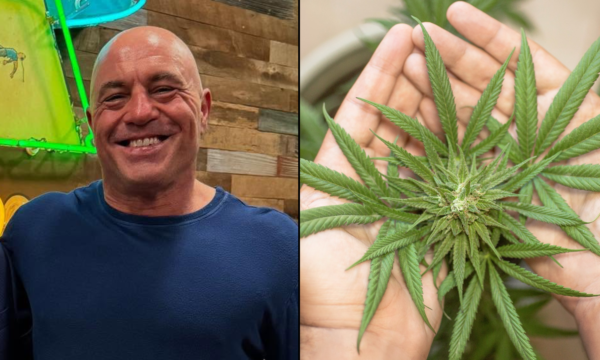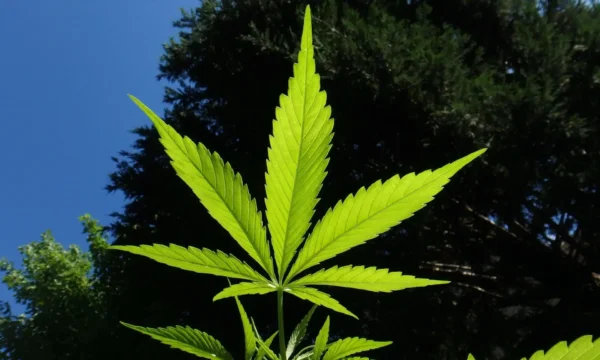Virginia Lawmakers Discuss Steps To Prepare State To Legalize Recreational Marijuana Sales Next Year
Virginia recreational marijuana sales legalization isn’t a rumor whispered over a bar napkin anymore. It’s a blueprint, sketched in committee rooms under fluorescent lights, where the coffee is burnt and the stakes are high. Lawmakers are tuning the engine for a retail cannabis market to finally match what’s already legal to possess and use, and they’re aiming to drop a bill for the 2026 session. Translation: the Commonwealth is trying to turn a multibillion-dollar illicit free-for-all into a regulated, adult-use marketplace that protects consumers, doesn’t kneecap medical patients, and actually keeps money in Virginia. The tension is classic—public safety vs. freedom, revenue vs. access, ideals vs. the messy facts on the ground—but the mission is clear: build a Virginia cannabis market that works in the real world.
From prohibition patchwork to policy architecture
Inside the commission guiding this transition, the mood has shifted from “if” to “how.” The chair and vice chair talk like architects, not activists, meeting with stakeholders who actually live with these decisions: patients, small growers, retailers, public health folks, local officials. A consumer-first approach is bubbling up, too. The logic is simple: no cannabis industry without cannabis consumers. That means prioritizing product safety, labeling, price, and access that beats the illicit market—because otherwise, people just keep buying from the guy they’ve trusted for years. Lessons from other states are floating in like cautionary postcards: don’t let local bans tie the market in knots; don’t make the mistake of ignoring patient access while chasing adult-use dollars; understand how every tweak to cannabis taxation ricochets into public safety and legal cannabis revenue. And if you want a taste of how cautious politics shapes weed policy, look at the upper Midwest’s incremental dance—where headlines like Wisconsin GOP Assembly Speaker Hopes For ‘Consensus’ On Medical Marijuana, But Says New Senate Bill Is ‘Too Broad’ reveal just how narrow a path lawmakers often walk.
The market won’t fix itself—so write the rules like you mean it
Here’s the hard truth: limited-license, incumbent-first models don’t beat the street on price or convenience. If you want to drain the unregulated pool, you need a marketplace that’s open enough to compete and disciplined enough to be safe. Advocates warn against gifting existing medical operators a golden ticket to the adult-use market. Others argue for two-tier systems and ownership caps to keep multi-state operators from vacuuming up the spoils while small businesses and farmers get fenced out. Social equity isn’t a slogan; it’s the backbone of legitimacy—and the difference between a market that serves communities and one that cannibalizes them. If federal winds shift, the ground could move under everyone’s feet fast: banking, interstate commerce, even stigma could change overnight, which is why developments like Trump Rescheduling Marijuana Would Be A ‘Game Changer,’ GOP Senators Say loom like a weather front on the horizon. Virginia doesn’t control Washington, but it can design for resilience—competition that favors local operators, rules that reward compliance, and a tax regime that doesn’t price the legal market out of relevance.
Public safety, science, and the street-corner reality
Meanwhile, the unregulated market is selling products with wildly inconsistent labels and unknown chemistry. That’s not a vibe; it’s a health risk. Lab capacity needs to grow. Testing needs to be real. Education has to cut through the noise. And yes, the definition of THC under state law has to make sense in a world where hemp-derived intoxicants are one Amazon click away. Enforcement can’t just be performative press conferences; it has to be strategic, targeted at the worst actors, and balanced with a legal retail network that actually serves demand. Add in the legal contradictions we’re still living under—like how cannabis consumers and gun owners are colliding in courts—and you get headlines such as Another cannabis & gun rights case before SCOTUS (Newsletter: October 7, 2025), reminders that reform doesn’t happen in a vacuum. It happens in a country where state lines, federal rules, and voter patience all pull at the same rope.
Politics at the cash register
Virginia’s next governor will help decide whether this plan leaves the runway or circles forever. Recent vetoes stopped retail legalization in its tracks, but the budget math isn’t getting kinder, and the illicit market isn’t getting smaller. Candidates split sharply: one camp clings to gateway-drug myths, the other talks about regulated sales, consumer protections, and sending legal cannabis revenue back into schools and communities. The commission’s deadline is ticking, with a December final meeting before lawmakers bring a bill in January. If the design is smart—clear licensing, equitable entry, pragmatic taxation, consumer-first standards—this becomes more than marijuana policy reform. It becomes a jobs plan, a public health upgrade, and a shot at ending the charade where we legalize use but criminalize access. That’s not freedom; it’s a trap.
Here’s the kicker: consumer behavior is already changing. Look at how THC beverages nibble at alcohol’s share, backed by data like Most People Who Drink THC-Infused Cannabis Beverages Reduce Their Use Of Alcohol, Survey Shows. Demand isn’t waiting for the statute books to catch up. The question for Virginia is whether to keep subsidizing the illicit market through policy paralysis—or to build a legal, adult-use system that earns loyalty with safety, access, and price. The commission is asking Virginians to show up in January; the ballot box is asking them to choose a direction in November. Either way, the future is coming. If you’re ready to explore compliant hemp options while the Commonwealth charts its course, take a look at our shop: https://thcaorder.com/shop/.


